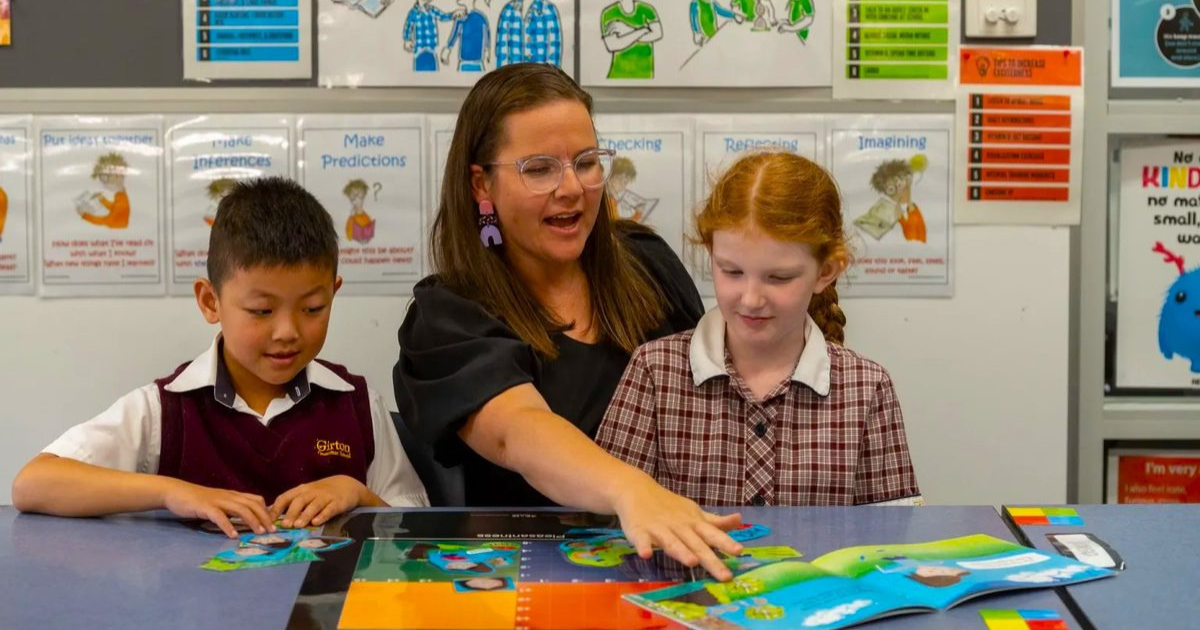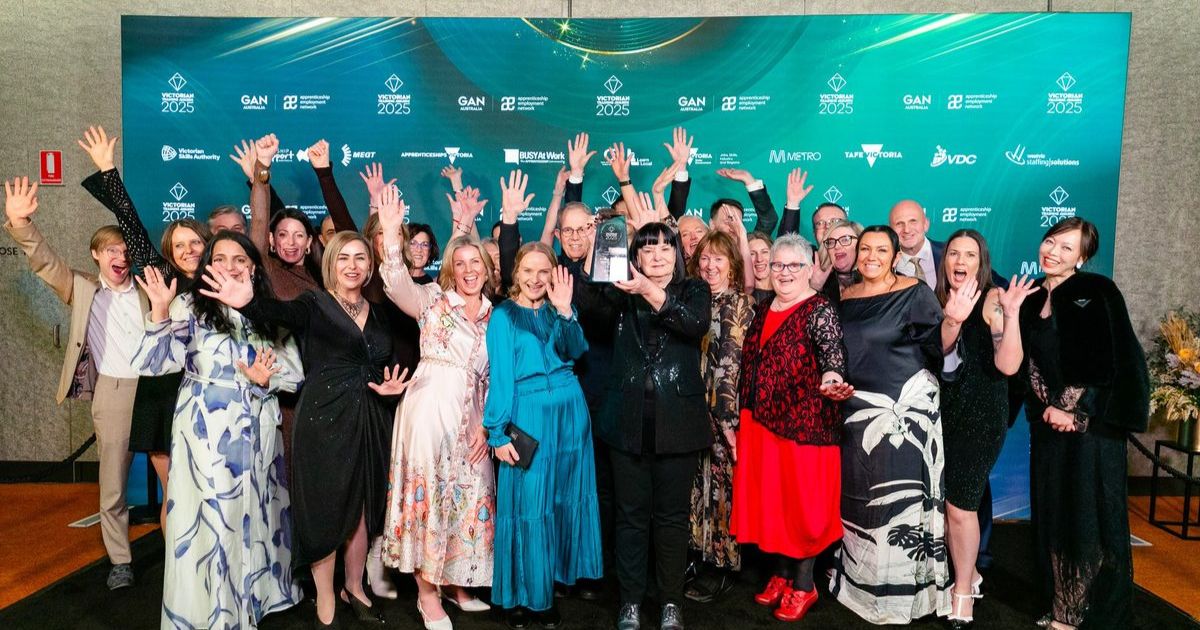NDIS participants to have their say

Oversight: NDIS Minister Bill Shorten (right) meets Services Australia staff during a visit to Bendigo in March. Photo: FILE
BENDIGO region people involved in the National Disability Insurance Scheme will have an opportunity to detail their experiences at a public hearing today.
The hearing, at the Quality Hotel Lakeside in Napier Street, will start at 9.30am and will hear from seven organisations that have made submissions.
It will also take short statements from individuals with lived experience of disability and the NDIS before closing at 4.30pm.
Presenters will include the Bendigo and District Aboriginal Cooperative, Bendigo Community Health Services and the Mount Alexander Shire Council.
It is part of a Federal Government joint standing committee on the NDIS aimed at finding out about the experiences of scheme participants in rural, regional and remote communities.
The committee, chaired by Member for Corangamite Libby Coker, held a similar hearing day in Dubbo on 17 October.
The hearings are open to NDIS participants, their families, service providers, community organisations and local government.
“The NDIS has changed the lives of hundreds of thousands of Australians with disability – and their families – especially in regional communities,” Ms Coker said.
“Our committee wants to hear about those experiences and how people on the scheme think it can be improved.
“These public hearings are all about building a stronger understanding of the views held by participants in rural, regional, and remote communities.”
Before the Dubbo event, Ms Coker said the two hearings would “help formulate robust recommendations to improve access and supports for people with disability in regional and remote locations.”
The committee was appointed by resolution of the House of Representatives and the Senate in July 2022.
It consists of five representatives from each of the two houses of Parliament and has responsibility for monitoring the implementation, performance and governance of the NDIS, along with its administration and expenditure.
In August, NDIS Minister Bill Shorten announced a range of crackdowns aimed at slowing cost blowouts, which have been the subject of significant concern for at least two years.
The reforms, supported by the Opposition, are expected to reduce the cost of the scheme by as much as $14 billion over four years.
The legislation aims to curb its growth by enabling new powers to investigate fraud, more closely define what can be funded, and limit automatic funding top-ups to participant plans.
At the time, Mr Shorten said the reforms did not simply amount to “cuts.”
Early last month, Mr Shorten introduced a revamped list of services eligible for NDIS funding, banning some that were not evidence based such as cuddle therapy and crystal therapy.


















